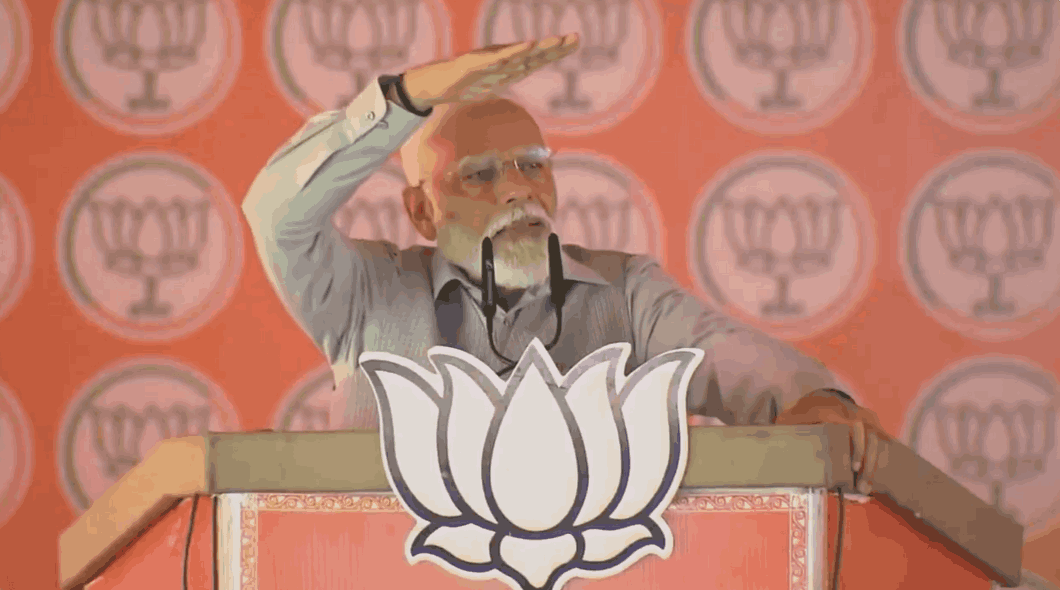Uttarakhand — Prime Minister Narendra Modi, during his visit to Rishikesh in Uttarakhand, launched a scathing critique of the Congress party, accusing them of disrespecting Hindu religious beliefs and traditions. Addressing a gathering, PM Modi’s remarks centered on the Ram Temple issue and underscored the deep-seated ideological differences between the BJP and its political adversaries.
PM Modi’s comments focused on the Congress party’s purported skepticism regarding the existence of Lord Ram and their refusal to participate in the Ram Temple ‘Pran Pratishtha’ ceremony. He stated, “Congress had raised many questions on the existence of Lord Ram. Even after they were invited to Ram Temple ‘Pran Pratishtha’, they boycotted it.” The Prime Minister’s words reflect the BJP’s narrative of defending Hindu values and cultural heritage.
Furthermore, PM Modi accused the Congress party of publicly announcing their intention to “destroy the ‘Shakti’ in Hindu religion.” These allegations highlight the heightened rhetoric surrounding religious identity in Indian politics, with the BJP portraying itself as the guardian of Hindu interests against perceived threats from opposition parties.
The Prime Minister’s remarks come amidst a charged political atmosphere in the lead-up to state elections in Uttarakhand and other key regions. The Ram Temple issue has emerged as a potent symbol of religious identity and political mobilization, with parties seeking to capitalize on sentiments surrounding the construction of the temple in Ayodhya.
PM Modi’s criticism of the Congress party’s approach to Hindu beliefs is likely to resonate with his supporters, who view the BJP as the vanguard of Hindutva ideology. However, it is also expected to draw condemnation from opposition parties and secular activists, who accuse the BJP of polarizing society along religious lines for electoral gains.
As India grapples with complex socio-political dynamics, PM Modi’s speech in Rishikesh underscores the enduring influence of religion and culture in shaping political discourse. The Ram Temple issue remains a flashpoint for ideological contestation, with parties jockeying for position ahead of crucial elections and seeking to galvanize support by appealing to religious sentiments.
PM Modi’s visit to Uttarakhand and his sharp critique of the Congress party’s stance on Hindu beliefs highlight the entrenched polarization in Indian politics and the enduring salience of religious identity as a driving force in electoral politics. As the country braces for upcoming elections, the Ram Temple issue is expected to remain a focal point of contention and debate, shaping the contours of Indian democracy in the years to come.



